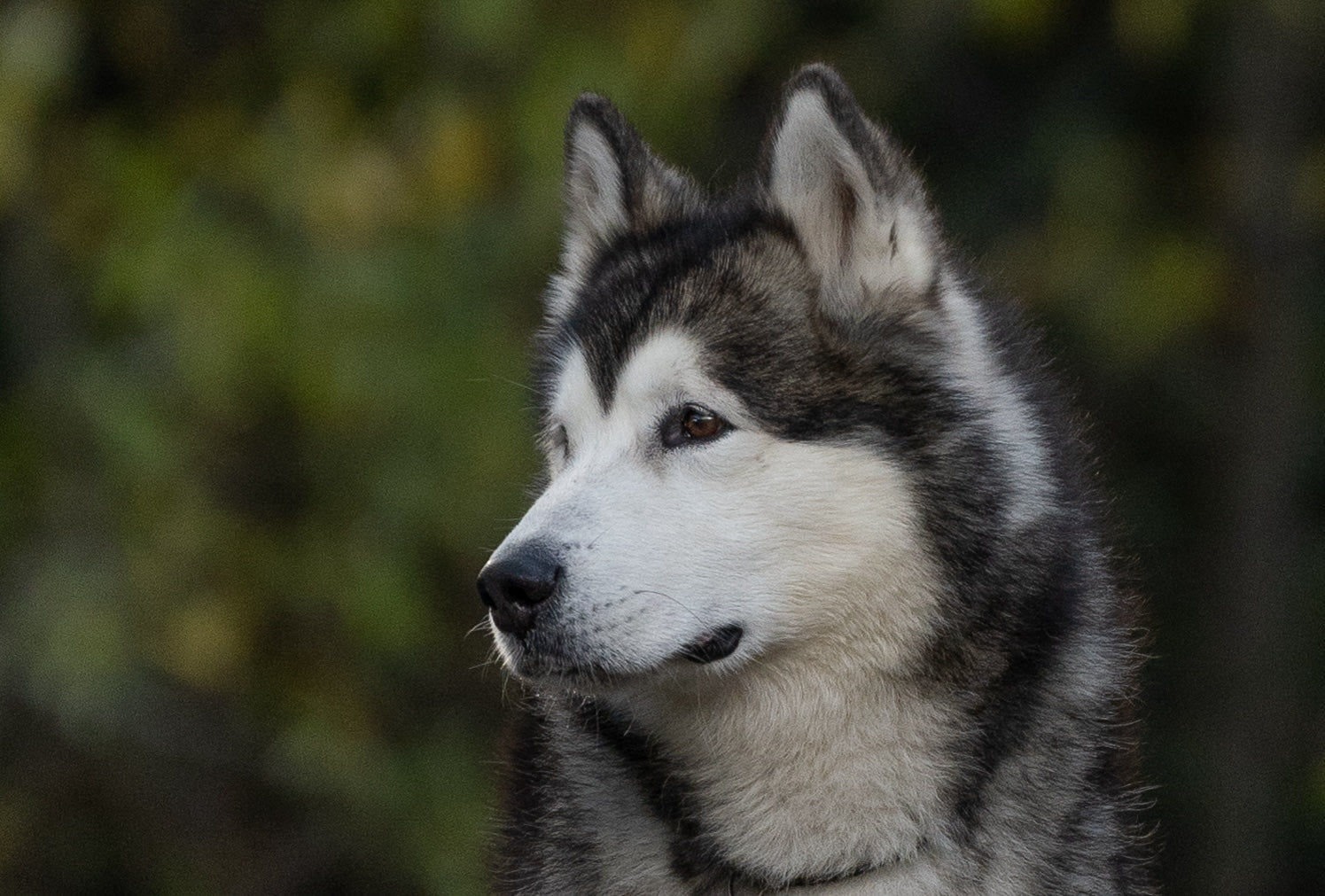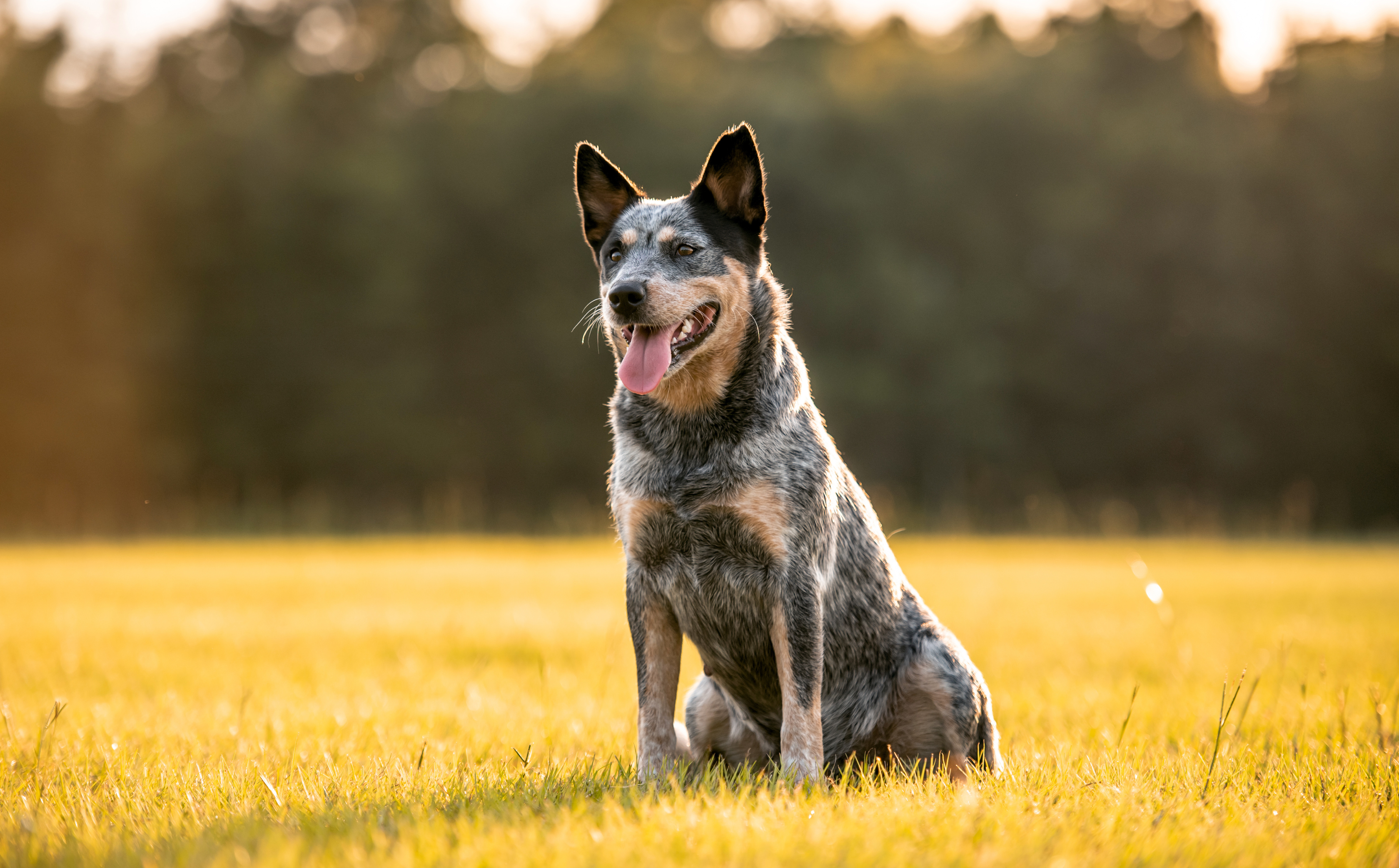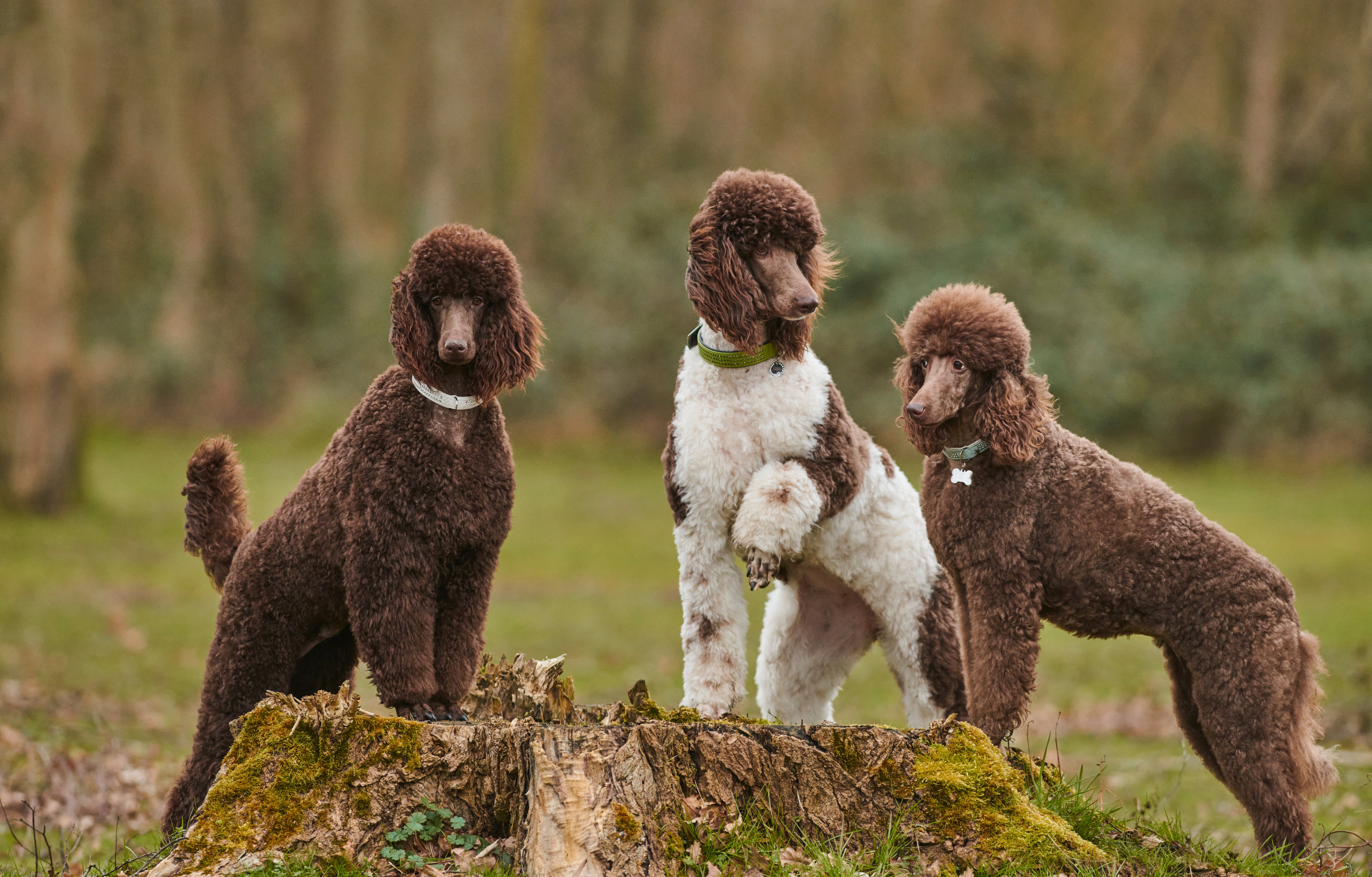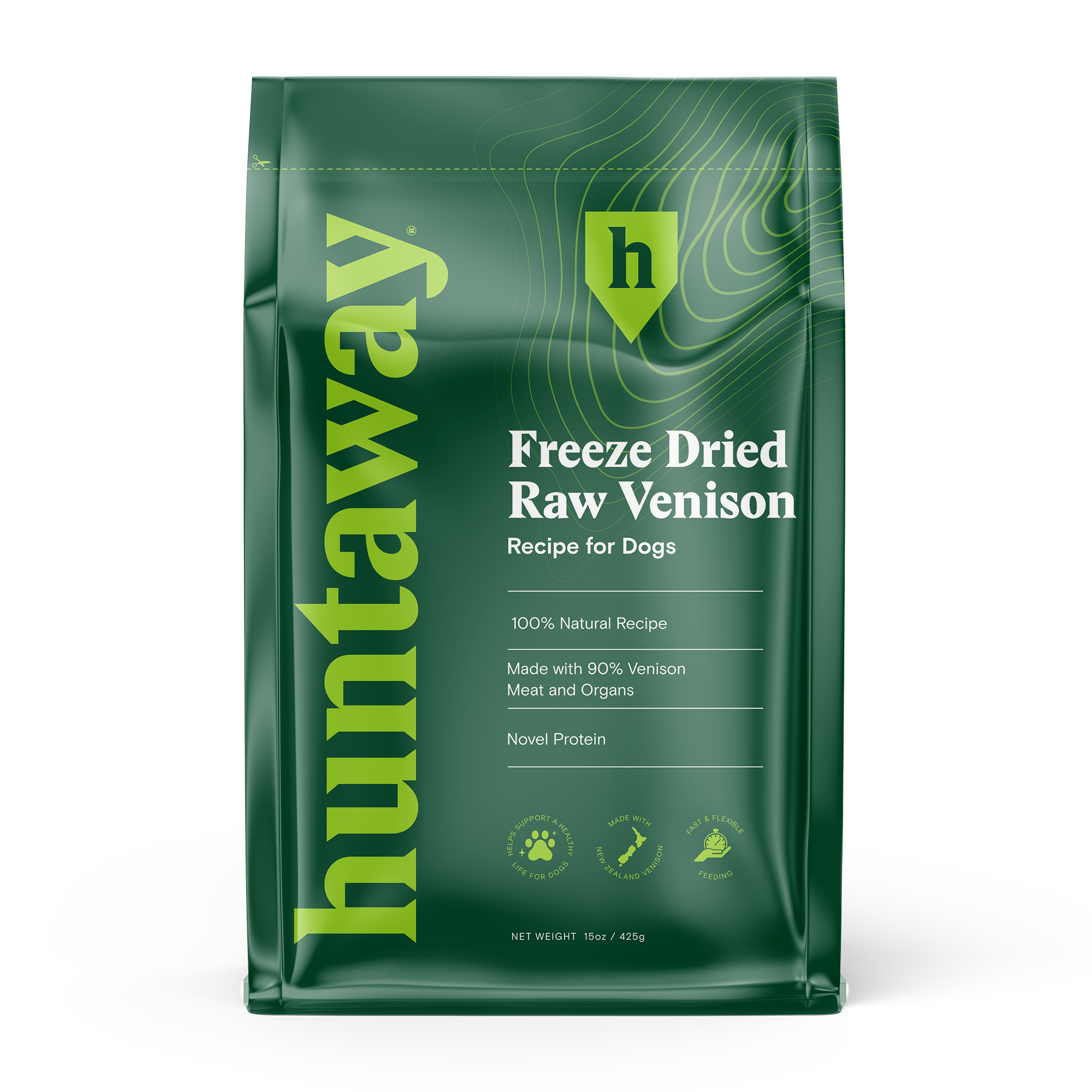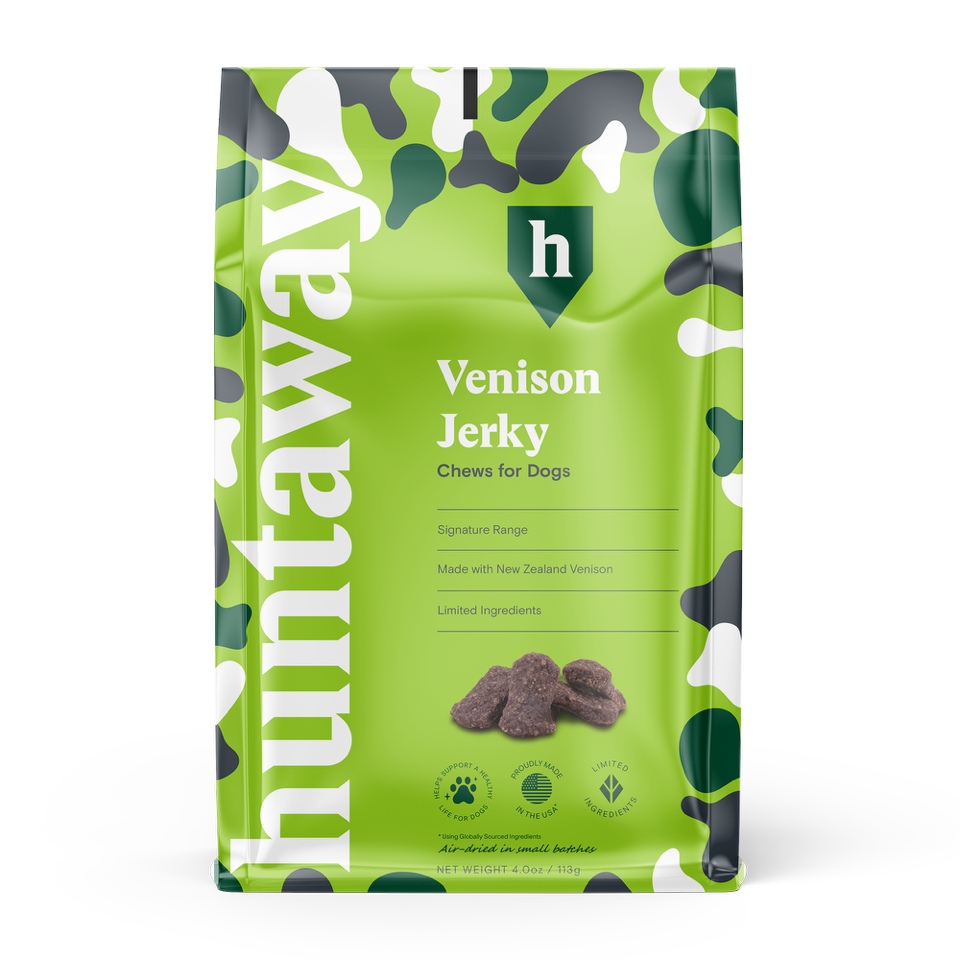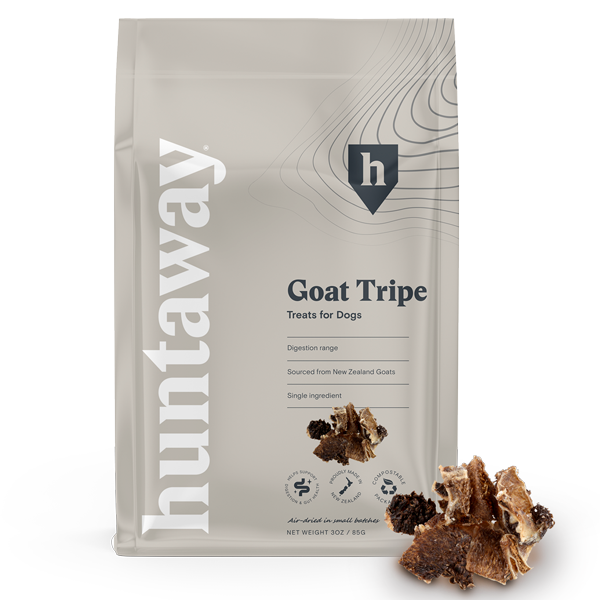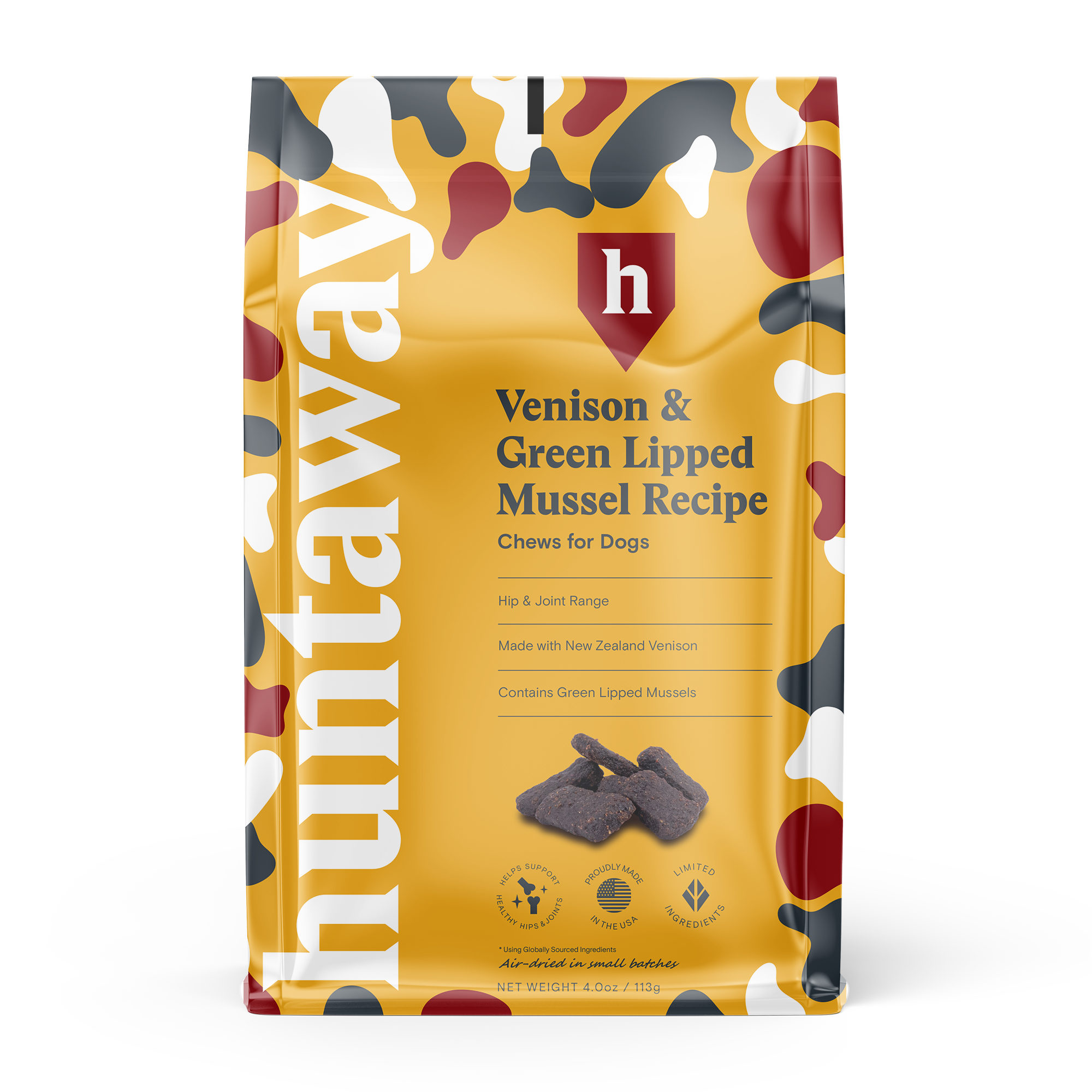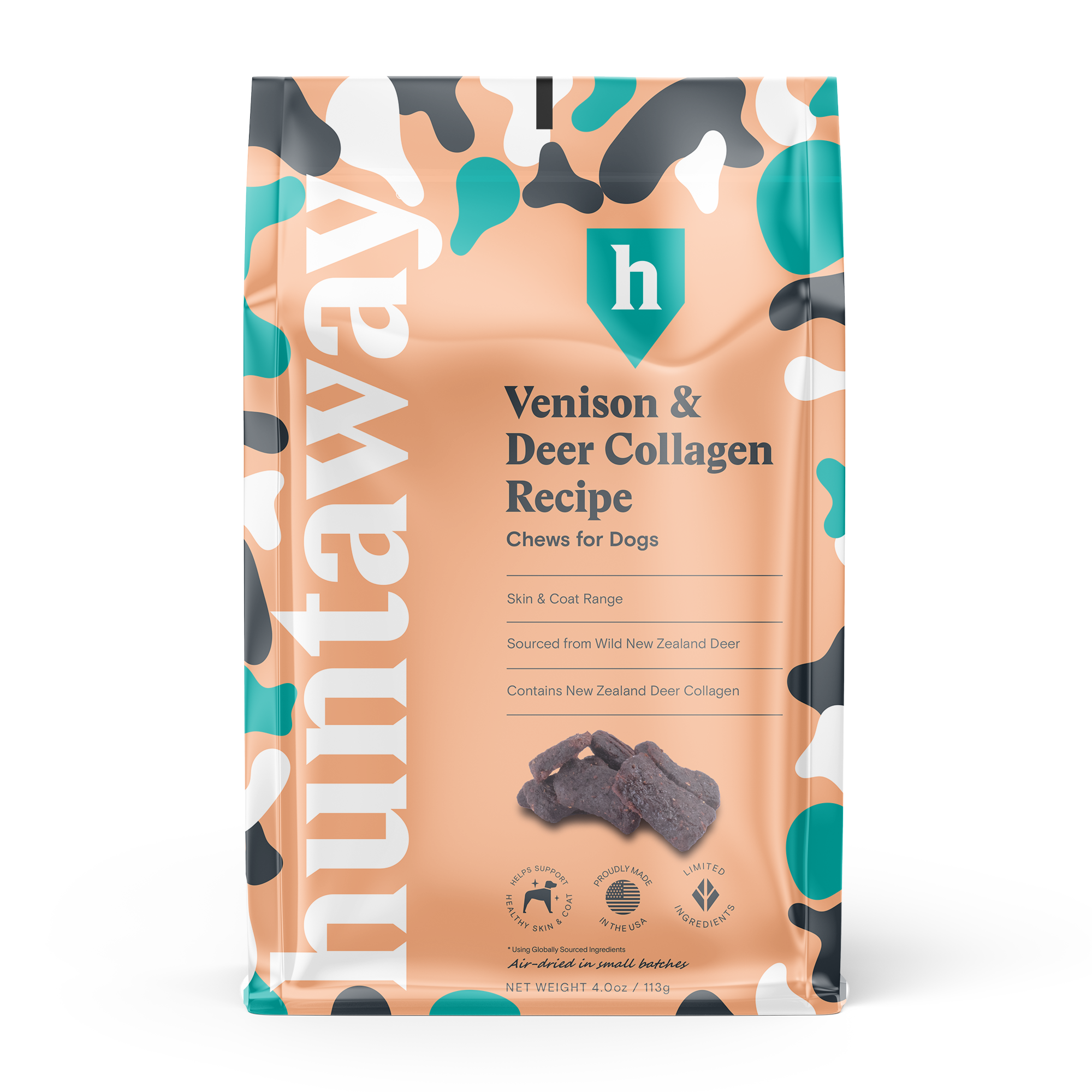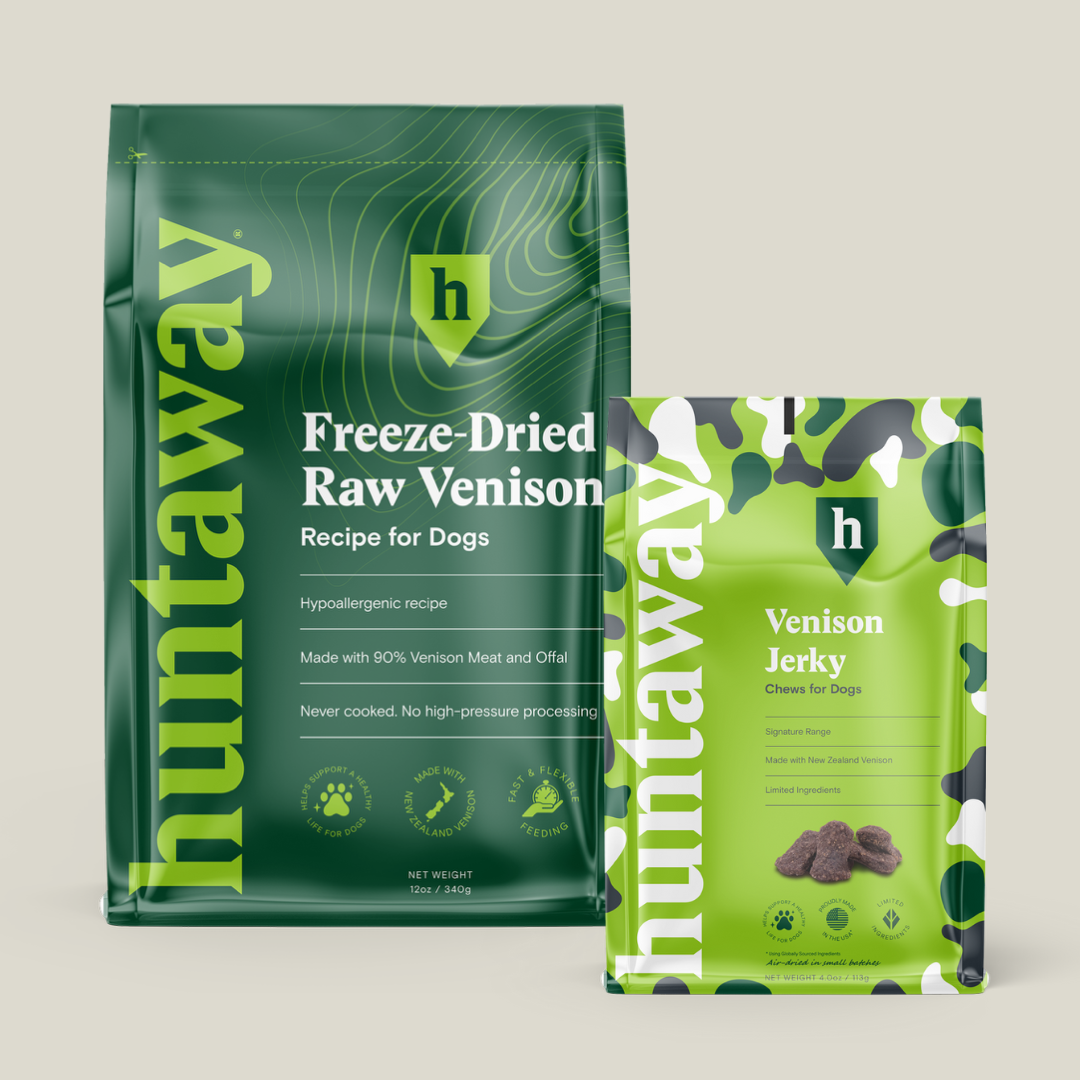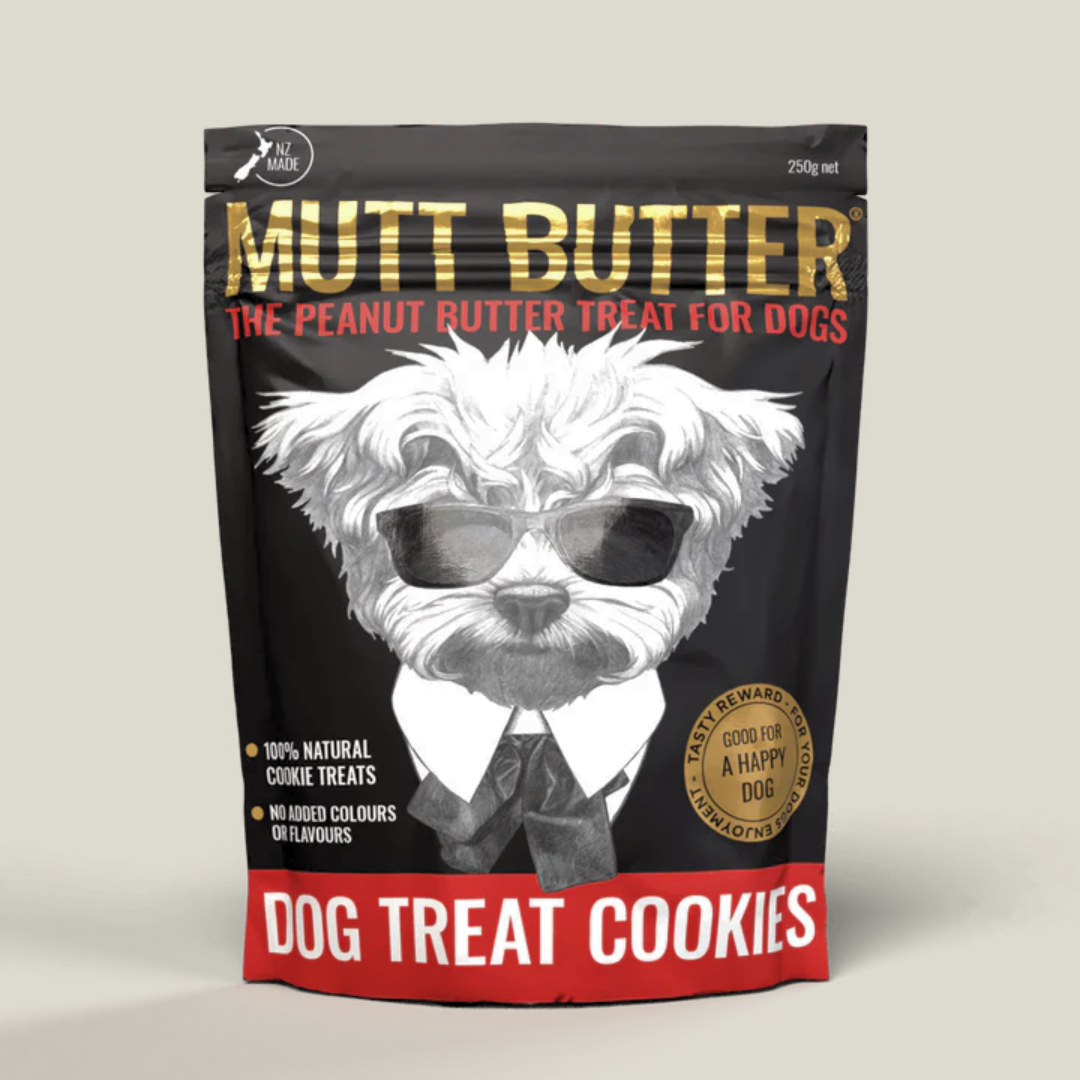Malamutes, or Alaskan Malamutes, are powerful canines that are known for their history as sled dogs. They were companions of the Inuit people, and helped with pulling their sleds in the winter, and accompanying them on hunting expeditions. Being such active dogs, they require optimal nutrition to live a long and happy life, along with consistent exercise.

Malamutes, like all breeds, can suffer from certain health issues, including hip and elbow dysplasia, hypothyroidism, Polyneuropathy, and bloat.
Being aware of the health concerns they might struggle with can help you, their guardian, make educated decisions on how to feed them, and care for them.
Hip and Elbow Dysplasia
Hip and elbow dysplasia can be an uncomfortable condition for dogs when the socket doesn’t fit perfectly with the elbow or the hip. This can cause discomfort when walking, jumping and playing.
One way to support proper bone development, especially for large dogs like Malamutes, is to feed them a diet that has an optimal calcium to phosphorus ratio. These two nutrients are critical for bone development from puppyhood to adulthood.
Another way to support your dog’s joints is to feed them treats or chews with Green Lipped Mussels or chews with chondroitin and glucosamine. These support the fluid between the joints which adds a much needed layer of cushion and shock absorption. Finally, maintaining a healthy weight for your Malamute is critical to supporting their joints. Excess weight can put undue stress on the joints, so keeping them lean and healthy can support their running and playing for years to come.
Hypothyroidism
The thyroid is a major player in your pup’s health, ranging from controlling metabolism, weight, and energy. Malamutes can be prone to developing a slow thyroid, called hypothyroidism. This can slow down the metabolic rate, and cause lethargy. One way to support optimal thyroid function is to ensure your pup is getting adequate amounts of iodine and selenium. Iodine assist with thyroid hormone conversion (T4 to active T3), and selenium assists with hormone conversion and reducing oxidative stress in the thyroid.

Polyneuropathy
While this condition can be hereditary, making sure your Malamute’s brain health is supported is a great way to support healthy neurons. Polyneuropathy can occur when there is damage to the peripheral nerves, which can lead to loss of coordination and muscle weakness. Other causes for this can be due to infection, autoimmune disorders, or cancers.
One way to support healthy brain function is through Omega-3’s. These are a primary fat that makes up brain tissue, and that the brain uses to function, and this nutrient can also protect the brain from inflammation. Omega-3’s are found in Extra Virgin Olive Oil, which is a key ingredient in Huntaway’s frozen and freeze-dried foods. Another way to protect the brain is through antioxidants. These can be found in high amounts in berries, like blueberries, cranberries and strawberries, which are also found in Huntaway’s raw recipes.
Bloat
This condition can be fatal, where gas builds up in the stomach, which causes the stomach to twist. This condition is more common in larger dogs, and something to be aware of when feeding your Malamute. Some ways to prevent bloat include feeding smaller meals throughout the day instead of one large meal, feeding them a soft and easy to digest type of food, like raw, and making sure you don’t feed your Malamute right before or right after they exercise.
While your Alaskan Malamute may be at risk for certain health conditions, just because they may be more prone is not a guarantee that any of these conditions will develop in their lifetime. Focusing on giving them plenty of exercise, water, enrichment, and optimal nutrition are the key pillars to making sure your pup lives a long and vibrant life. If you want to switch your Malamute to raw entirely, or add it as a topper, any amount of fresh food you add to their bowl will benefit them.


